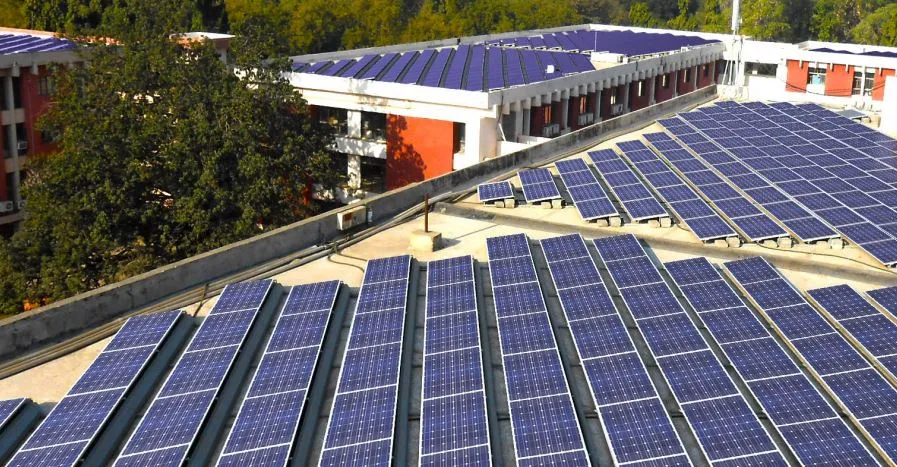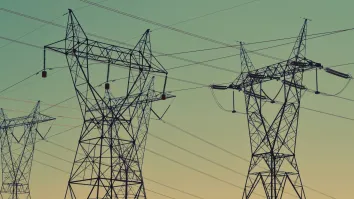
India's solar sector raised over $10b in financing in 2017
Project financing hit $6.4b.
In 2017, the Indian solar sector logged over $10 billion (~₹650 billion) in financing activity, according to Mercom Capital Group’s recently released 2017 Q4 and Annual India Solar Market Update. By comparison, financing activity in the sector totaled approximately $4 billion (~₹260 billion) in 2016.
Project financing in 2017 rose to about $6.4 billion (~₹416 billion) on the back of 9.6 GW in solar installations, compared to $3.5 billion (~₹228 billion) in financing activity when 4 GW of solar was installed in 2016.
Corporate funding (VC/PE, public market, and debt) raised by Indian solar companies in 2017 totaled $3.6 billion (~₹235 billion) and accounted for ~28 percent of the global total. In terms of venture capital and private equity investments, Indian companies raised over $800 million (~₹52 billion) and accounted for ~50 percent of the global total.
The increase in corporate funding in 2017 was largely spurred by large private equity deals. The biggest of these deals was announced by ReNew Power, which closed two deals worth $200 million (~₹13 billion) each. A host of other companies announced their own deals worth more than $100 million (~₹6.5 billion), including Greenko Energy, Hero Future Energies, and CleanMax Solar.
Debt financing was another area that saw significant year-over-year growth. Most of the debt activity among Indian solar companies came in the form of new bonds. Greenko Energy issued senior notes and bonds to the tune of $1.5 billion (~₹98 billion), Azure Power raised over $500 million (~₹33 billion) through a bond, and ReNew Power also raised close to $500 million (~₹33 billion) via bond issues. The debt instruments used to raise financing in 2017 were numerous, and included senior notes, bonds, non-convertible debentures, and a flexi-line of credit. Interest rates for various instruments ranged from 4.9 percent to 8.75 percent.
There were no corporate M&A deals in the solar sector during 2017. Project acquisition activity fell by half in terms of dollars compared to 2016. The largest project acquisition deals included the $600 million (~₹39 billion) acquisition of Hindustan Power Projects’ 330 MW solar portfolio by the Macquarie Group and the $300 million (~₹19.6 billion) acquisition of First Solar’s 190 MW project portfolio by IDFC Alternatives. By comparison, 2016 acquisition activity was dominated by the $1.4 billion (~₹91 billion) purchase of Welspun Renewable Energy’s 1.1 GW project pipeline by Tata Power Renewable Energy.



















 Advertise
Advertise




